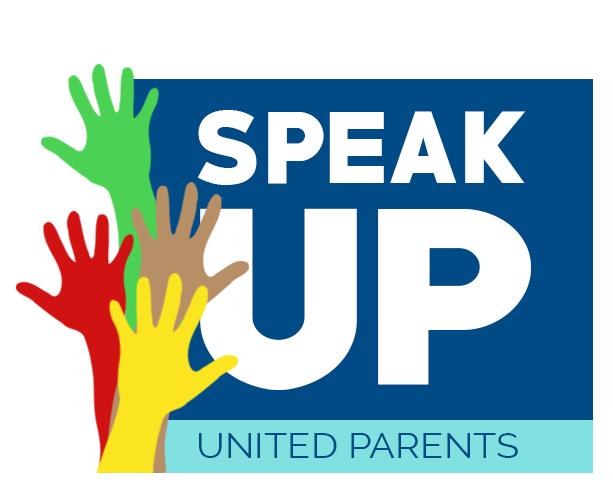Speak UP Parents Call For Safe Reopening Option Next Semester
/With 70% of kids facing learning loss and nearly 60% suffering from depression and other social-emotional issues during campus closures, three quarters of L.A. public school parents said they want all families to have the option to send their kids back to school in person next semester with strict safety measures in place, a Speak UP survey found.
“Many kids are suffering academically and emotionally after nine months of distance learning,” said Speak UP Founder and CEO Katie Braude. “Parents must have the option to send their kids back for safe in-person learning as soon as the Health Department and the state give the green light. Our kids have come last during this pandemic, and that needs to change. We should prioritize getting teachers access to the COVID vaccine as soon as possible, explore outdoor learning options and improve distance learning for families who want to keep their kids at home for the rest of the school year.”
Speak UP, a Los Angeles parent advocacy organization, distributed the survey by emailing parents in its more than 4,300 membership database, by posting on its social media channels and in parenting Facebook groups. A total of 435 parents responded with 703 students attending 271 separate public schools (district and independent charter) across every region of the district. Responses were collected over the last month, from Nov. 19- Dec. 13.
The demographics of the survey respondents were not identical to those of the overall district, skewing more white and affluent and less Latino than the district as a whole. But with a significant number of responses from each demographic group, we had the opportunity to examine both demographic differences and areas of common ground.
When it comes to parents being ready to send their kids back if LAUSD reopens next semester, Speak UP found differences based on income, race and the grade level of the child. However, there was consensus across all demographic groups (more than 70% of every group) that parents should have that option. There was also consensus across all demographic groups that kids have faced significant learning loss during distance learning.
Here is a look at some of the key findings. (Black, white and Latino numbers include biracial respondents who selected two or more races and identified themselves with one or more of those groups.)
Parents of students in pre-K to 2nd grade were on average four times more likely to want 100% in-person learning instead of 100% distance learning.
64% of pre-K to 2nd-grade parents want to send their kids back to school in person next semester, compared to 53% of parents of kids in grades 3-5, 49% of middle school parents and 48% of high school parents.
Non-low-income parents were 2.5 times more likely to want to send their children back in person this spring when compared to low-income parents: 39% of low-income parents want to send their kids back, while 63% of non-low-income parents want to send their kids back.
White parents were up to three times more likely to want to send their children back in person this spring when compared to Black and Latino parents: 42% of Latino parents want to send their kids back, compared to 45% of Black parents and 68% of white parents. (When biracial data is excluded, the differences become more pronounced, with 35% of Black parents, 38% of Latino parents and 69% of white parents wanting to send kids back).
The majority of parents in every demographic group agreed that the 25% of high-needs kids that the Health Department is allowing on campuses now deserve an in-person option, as long as the Health Department continues to agree that it’s safe.













